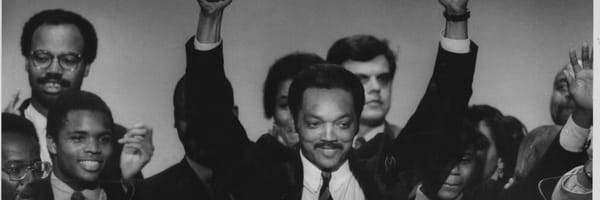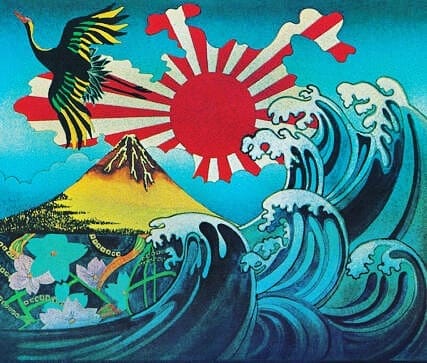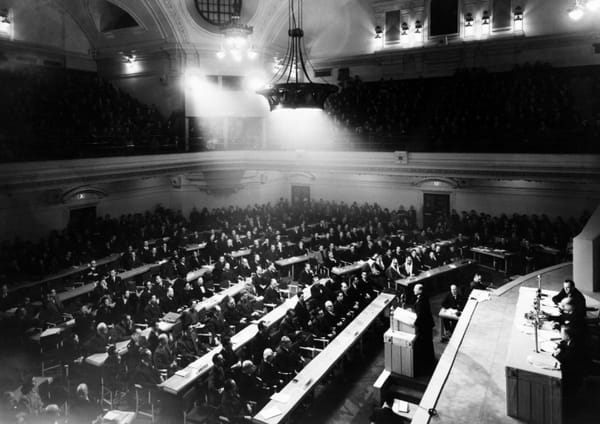"The Buck Stops with Me": President Truman and Ordering the use of the Atomic Bombs

In a recent article in the Bulletin of Atomic Scientists, Alex Wellerstein argues that while Truman "deserves credit for the first use of the atomic bomb in war," the decision was largely already made from former President Roosevelt to General Leslie Groves, head of the Manhattan Project, and others in military leadership. Saying that Truman solely made the decision, Wellerstein writes, is "ahistorical." While I don't think Wellerstein is giving Truman a pass, the title of the article certainly indicates it: "Truman never ordered the use of the atomic bombs—but he did order atomic bombings to be stopped."

Even if Groves was convinced that Truman's position was that of "non-interference," at the end of the day, Truman was president of the United States. He could've stopped it, but didn't, and then bragged his entire life about using nuclear weapons in Japan.
After the atomic bombings of Hiroshima and Nagasaki, Truman wrote: "The final decision of where and when to use the atomic bomb was up to me. Let there be no mistake about it. I regarded the bomb as a military weapon and never had any doubt that it should be used."
In 1948, writing to his sister Mary, Truman wrote: "On that trip coming home (from Potsdam) I ordered the atomic bomb to be dropped on Hiroshima and Nagasaki. It was a terrible decision. But I made it."
In 1958, Truman was interviewed by Edward R. Murrow and asked if he had regrets about his decision to use the atomic bomb. Truman's response: "Not the slightest, not the slightest in the world."
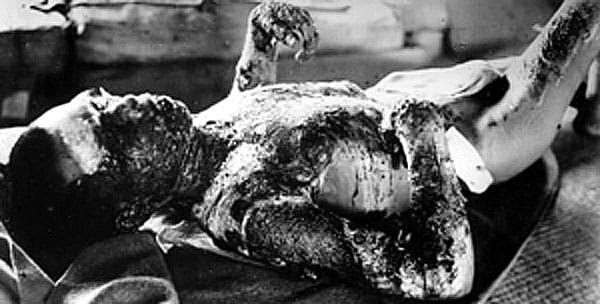
Until he died in 1972, Truman never apologized or showed any remorse for using nuclear weapons in Japan. In fact, he doubled down on it, when in 1958 he wrote a letter to the Hiroshima City Council confirming that he would do it again. "We'll send it airmail" he told his secretary. "Make sure there are enough stamps on it."
Wellerstein is correct in that Truman never gave a singular, direct order to use the bomb, but he did approve the directive signed by Secretary of War Henry Stimson and Chief of Staff George Marshall ordering nuclear weapons to be used soon after August 3 as weather permitted.
An extension of this argument about Truman was that he didn't know what the atomic bomb would do and just thought it was another weapon of war. However, on April 25, 1945, Stimson and Groves briefed Truman on the bomb warning him that "modern civilization might be completely destroyed." Truman recalled Stimson waffling on if the bomb should be used because he was afraid it was so powerful that "it could end up destroying the whole world."
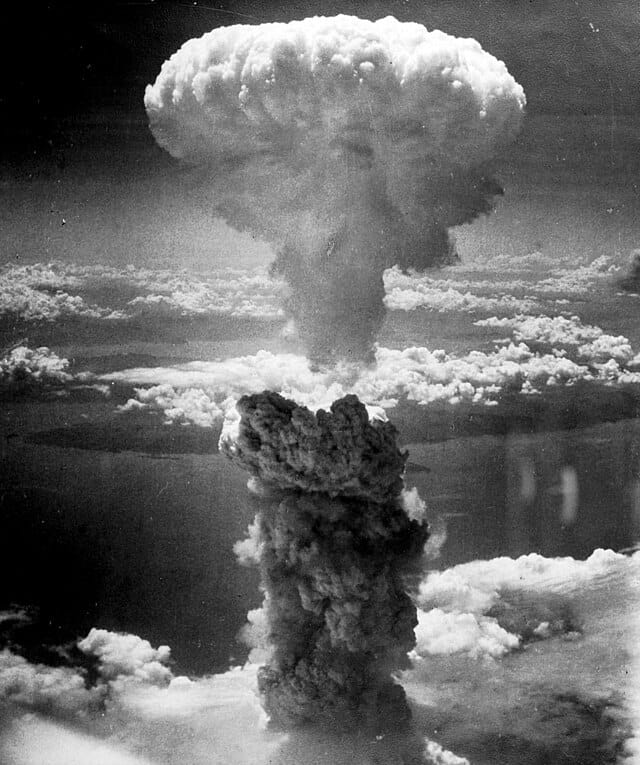
Truman noted in his diary on July 25, 1945 after being briefed on the Trinity test that the bomb may be "the fire destruction prophesized in the Euphrates Valley Era, after Noah and his fabulous ark."
We should not treat historical figures' decisions as binary. It is often much more complex. However, even the hint at absolving Truman from responsibility of dropping the atomic bombs is a slippery slope.
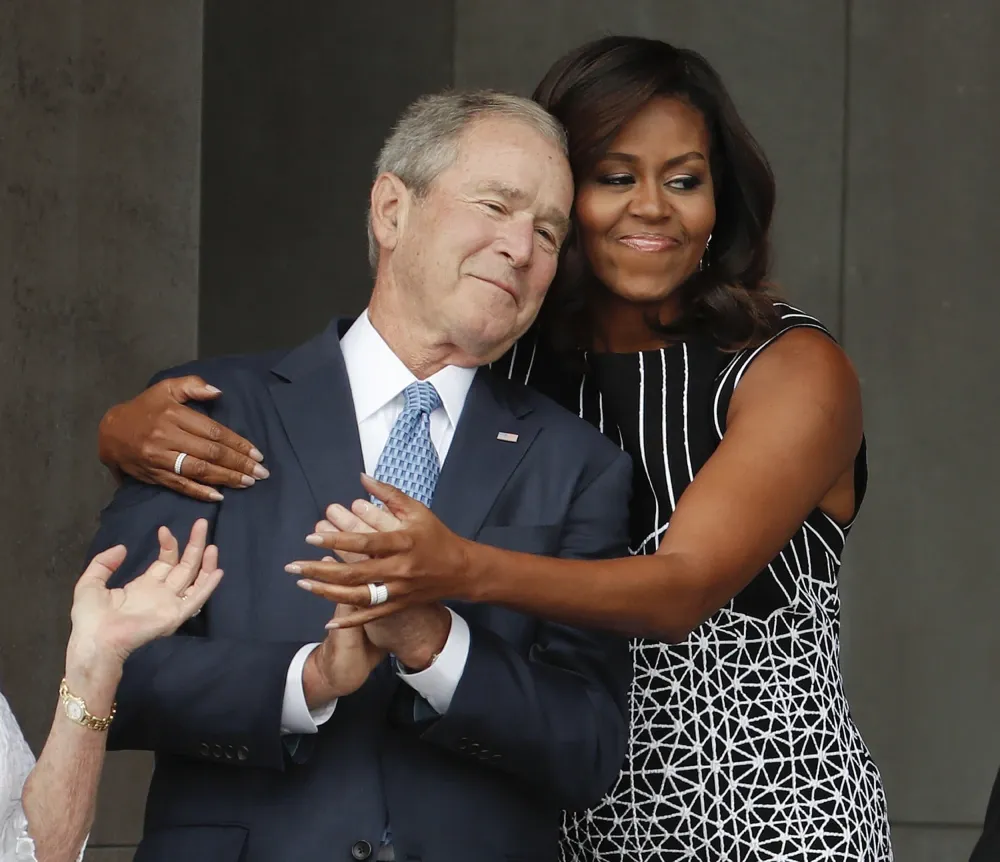
We must not rehab Truman's image the way we have done to President George W. Bush. Bush is now largely seen as a benign painter who shares candy and hugs with Michelle Obama, rather than the man who is responsible for the Iraq War and letting almost 2,000 people die in New Orleans while doing nothing. If this is how we view Truman and Bush today, what will President Trump's legacy be in twenty or thirty years?
Will historians absolve Trump of his actions by arguing that he was unprepared for the presidency, not intellectually capable of making decisions, or simply not interfering with the policies of those like Stephen Miller and J.D. Vance?
As Truman often boasted, if you are the most powerful human being on earth, the buck must stop with you.


